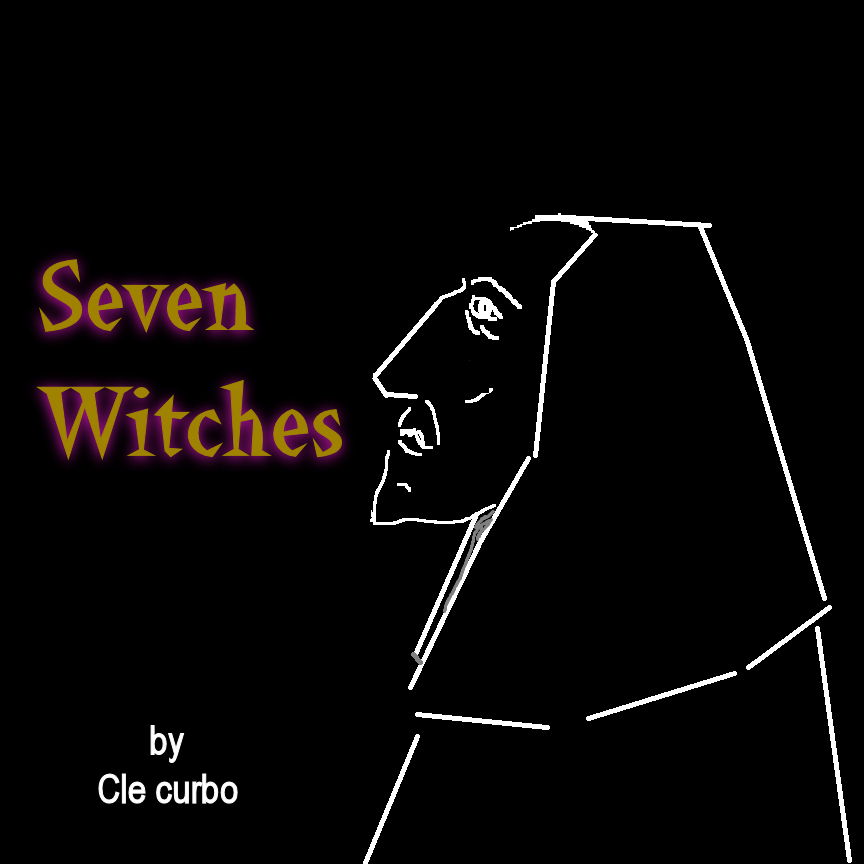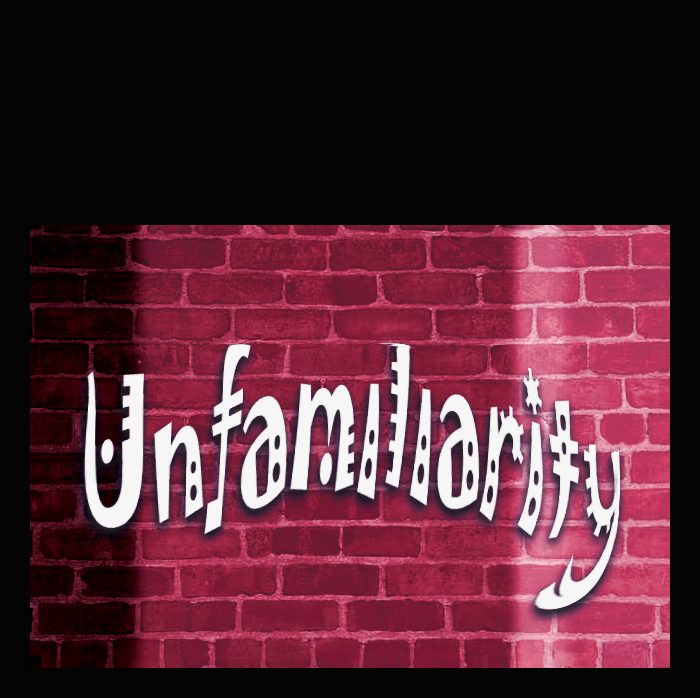
Podcast Season 4
Episodes
Featuring
The Bus Was Too Full
So I Took A Walk
To Places Seldom Seen . . .
An urban, audio poem

The Bus Was Too Full

Woman of Substance
by Kay Fetner
I was playing with some of my cousins and my younger brothers up by the big chestnut tree, the one my Pap always refused to cut down. The tree had the blight and should’ve been cut down and the stump burned. But my Pap liked that tree. He would never cut it down.
To us kids, it did not matter that it had the blight. It was ours to climb on and to hide in. We were glad that he’d never cut it down.
Anyways, I was playing with my kin up by that big tree. Then, I heard my Pap say, “Eugenia!” He said it loud with a stern voice. I knew to come runnin’ when he called me like that.
He was sitting on the porch next to a gentleman wearing his best Sunday go-to-meetin’ dark suit. The gentleman had some gray hair at the temples, and he was beginning to bald.
When I came up the steps to the porch, both of the men stood up. My Pap spoke. “Eugenia, I want you to meet Mr. Winston Harrison.”
“Please to meet you, sir.”
My Pap continued. “Mr. Harrison is an Engineer for the Missouri Pacific Railroad. He has a house up in Omega.”
His voice trailed off. I waited for him to complete his sentence.
“Eugenia, Mr. Harrison is going to be your new husband. I’ve promised him that we can make it official next week in the Parson’s House at the Presbyterian Church in Omega.”
I did not know what to say. I simply stood there. I was just thirteen years old.

Woman of Substance

Seven Witches
by Cle Curbo
Award-winning writer, Cle Cubo shares his fable.
“Virginia, you are the youngest and most wise of your siblings, so I will tell you about your mother’s family. Maybe you will recognize her in the story of Seven Witches.”

Seven Witches
Reflexology
by Appaloosa Radio
he small business sat in an Austin strip mall between a pizza place and a nail salon, three doors down from a Japanese Sushi restaurant. On its red neon sign was the single word “reflexology.” The proprietor specialized in what he called “oriental foot massages,” stimulating the nerves, and improving a body’s health.
It was 5:45 in the evening, and in mid-December, it was already dark. The red neon “reflexology” sign was visible across the whole parking lot. None of the signs from the other businesses had yet switched on.
In the foot-massage client waiting area, the proprietor sat on one of the chairs, looking intently at his phone. After five or six minutes, he got up and walked outside. In front of the sushi restaurant was a bench where customers of the Japanese restaurant sat while they waited for their to-go orders. He sat on the bench and lit a cigarette.
He finished his cigarette, glanced at his phone, and then stood up.
Thirty seconds later, he lay on the sidewalk, dead. He fell face down. next to the red wooden bench in front of the sushi restaurant.
No one remembered hearing a shot.

Reflexology

Hank’s Murder
by Sgt. Jeff Nehring (retired)
Based on an actual murder case.
This was a very puzzling case. We had lots of blood, but no fingerprints. None of the neighbors had seen anything. Hank Triffitti had no enemies. He seemed to have a wife who genuinely loved him.
All we knew from the autopsy report was that the victim was struck from above with a sharp, bladed weapon. The perpetrator was right-handed, probably considerably taller than the 5 ft 10 victim. It appeared to be a single stroke, one massive stroke with a sharp weapon. The blow had been strong enough to cut through the victim’s left forearm (raised in defense) and the victim’s neck. One mighty blow.

Hank's Murder
“With light wings, I did o’er-perch these walls, for stony limits cannot hold me out.”
Unfamiliarity
by Appaloosa Radio
Since my retirement, I spend almost every Tuesday at our local public library. It is a very comfortable, modern building that houses many things other than just books. For example, you can now check power tools out of the library, and craft supplies, and cake baking pans, and movie DVDs, and original art to hang on your wall. It has Friday night movies, Sunday afternoon music concerts, and kids’ birthday parties.
However, for me, the best is the magazine reading room. To be sure, most magazines are readily available online Yet, I still like going to the library and reading the printed versions of the news magazines in person.
About three months ago, I saw an article in Time magazine that has stayed with me. It was an article about Detroit, more specifically about the cement block wall built in the early 1940s to divide the east and the west sections of the city. That’s correct. A cement block wall erected to divide the city. The wall was funded by some of the city’s largest real estate developers. It was designed to separate the city into a “black half” and a “white half.”
Researchers have studied the impacts of the Detroit wall and have concluded that its impacts were enormous.
Initially, house prices were similar on both sides of the wall, but after twenty years, the houses on the “white” side were worth two or three times those on the “black” side. The “black” side had streets with larger potholes, and the city crews that removed the snow from the streets did the “white” side weeks before the “black side.” The “white” side had more stores, better schools, less unemployment, and significantly lower crime. Far more “white” students went to college. The “white” side had more (and higher quality) hospitals. The “white” side had more parks, more theaters, and more churches. Life expectancy was lower on the “black” side.
On over 200 dimensions, the “white” side of the wall was significantly higher (more positive) than the “black” side.
As I said, the study of the impacts of the Detroit wall remained with me for weeks. Then, I realized that my cousins (although neither African American nor Hispanic) lived on one side of a comparable “wall” and my brothers and I lived on another.

Unfamiliarity

Furious
D.R. Nichols has integrated rap and narrative fiction to tell of a “demon” driver and his red sportscar.
“You hate me
You know you do
You’d blast me with rockets
Machine gun me to utter annihilation
Demand the fates pelt down fierce brimstone
If you could
If you could
Really,
If I would
Let you catch me
Let you catch me
But you can’t
No, you can’t
No one
Nobody
Can ever catch me.

Furious

The morning fog had begun to lift around the pier, and the weekend tourists were starting to leave their hotel rooms for a day at the beach.
The one-armed guitar player opened his guitar case and carefully removed his Les Paul Deluxe 3 E X model from its well-padded home.
He began a soft jazz riff matching his mood and the weather.




